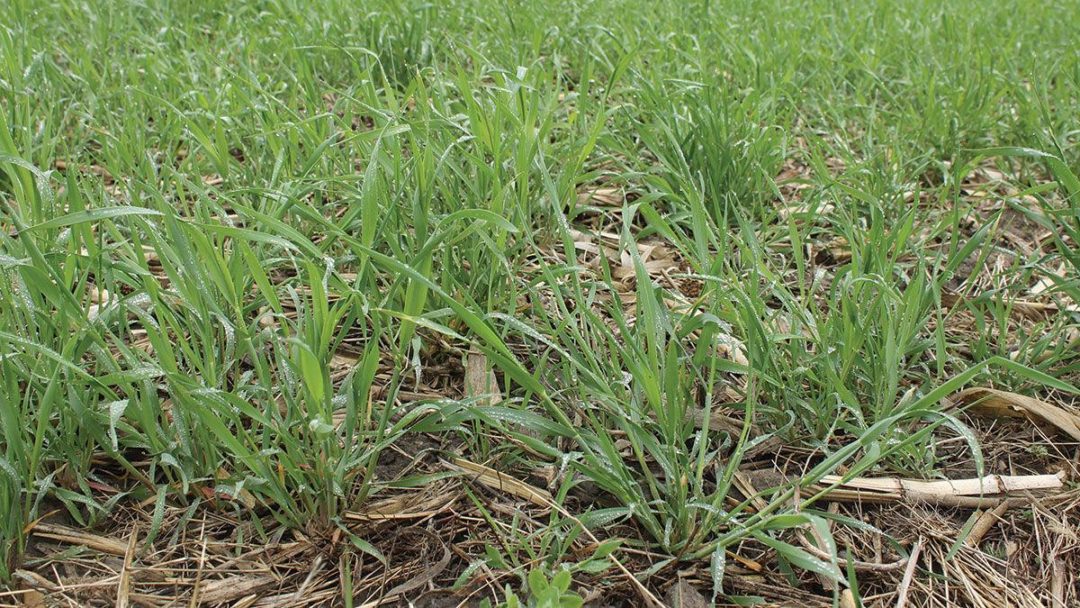Steven Hall is dedicated to exploring how farmers can get the most out of their soil.
Hall, an assistant professor with the Department of Ecology, Evolution, and Organismal Biology at Iowa State University, runs a biogeochemistry lab where students look at the different factors that can effect soil health.
“Our group focuses both on fundamental research related to soil organic matter and nutrient cycling across a broad spectrum of ecosystem types,” Hall said, adding the group is also involved with “specific applications of these ideas to agricultural systems.”
He said the lab is composed of graduate students, postdoctoral researchers, professional scientists and undergraduate students.
One of Hall’s studies in November 2019 explored the impact of cover crops and prairie plants on microbial activity in the soil.
He and visiting doctoral student Chenglong Ye from Nanjing Agricultural University in China published findings that showed cover crops may not provide the high level of carbon sequestration benefits expected.
“Systems with cover crops or perennials generally increase the total amount of plant residue inputs as compared with typical grain cropping systems, but in some cases their presence also may increase rates of organic matter decomposition,” Hall said.
“That is, residue management and nutrient availability may play a key role in controlling carbon gains and losses in these systems. Where nitrogen becomes limiting, microbes can actually ‘mine’ it from soil organic matter — contributing to increased decomposition rates.”
Hall did stress that this shouldn’t make cover crops less attractive to farmers who are interested in the practice. He noted the microbial activity in those cover crops can provide soil fertility benefits and reduce the loss of other nutrients.
The lab has three themes posted on its website, and Hall said the items they address are largely influenced by student and researcher interest. One of the themes — “what factors control the persistence and microbial transformations of soil organic matter?” — has been one of Hall’s focuses since his dissertation.
“We have a collaborative project with the Iowa Nutrient Research and Education Council that focuses on evaluating the environmental sustainability and agronomic impacts of a new microbial nitrogen fertilization technology produced by Pivot Bio, a California startup,” Hall said.
The other themes look at plant microbial interactions in the rhizosphere and how nutrient cycling makes an impact on greenhouse gas emissions.
He said those are complex topics, but the lab’s researchers have found there is a strong correlation between the rate of nitrogen fertilizer applied and the physical and biological conditions of the soil in controlling those emissions.
“All else equal, we expect greatest nitrous oxide emissions where nitrogen fertilizer rates are high and soils are wet and warm,” he said. “Even more important, as nitrogen fertilizer rates increase, emissions of nitrous oxide increase exponentially.”
He suggested that to reduce nitrous oxide emissions, farmers could keep nitrogen rates as low as possible “but within the profitable range.”
Through the lab’s research, Hall said there is still uncertainty about how tillage practices affect these issues, as well as how the form of nitrogen and cover crops can affect nitrous oxide.






